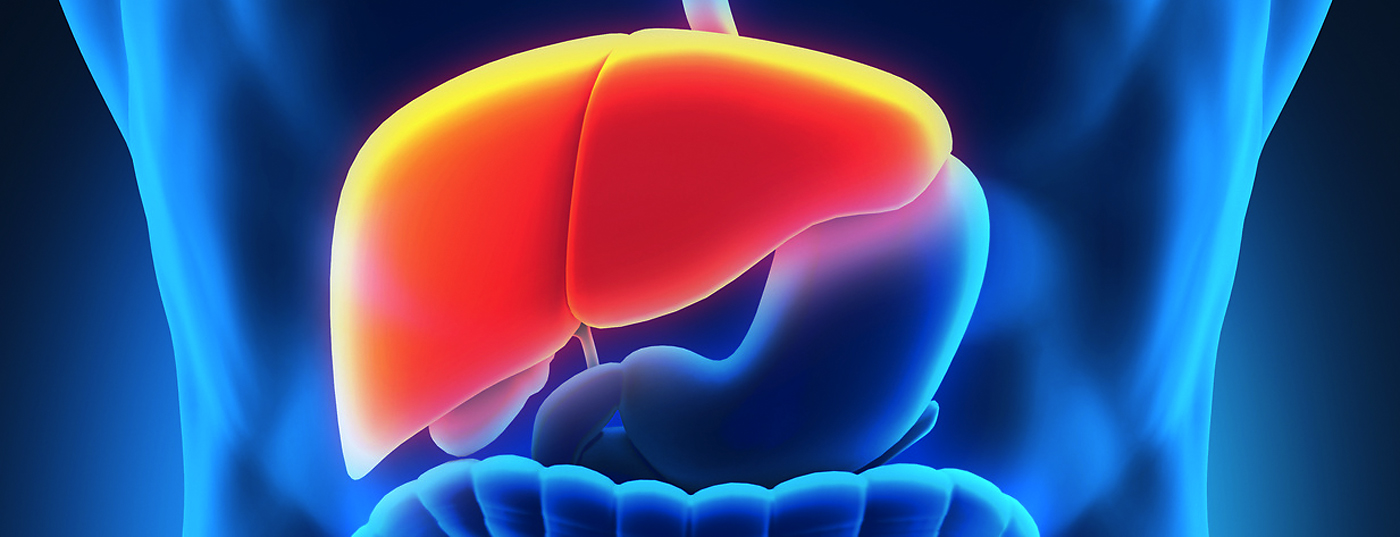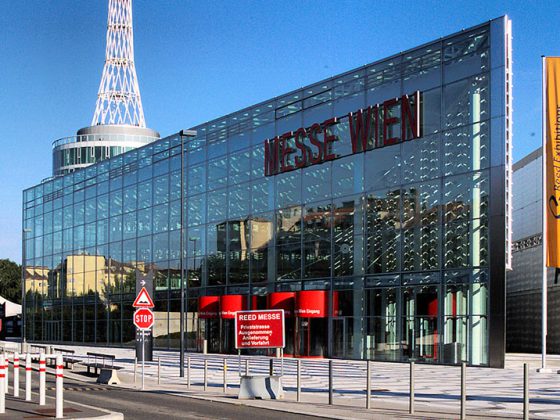The new direct-acting antiviral agents (DAAs) for the treatment of hepatitis C enable a cure in most cases. At the same time, the cost of such treatment is enormous and reimbursement is limited to advanced cases. Recently, another point has been discussed: Do recurrences of previously treated hepatocellular carcinoma (HCC) occur earlier after antiviral therapy? Two independent studies suggest that approximately one-third of patients experience recurrence of HCC shortly after treatment. This is a surprisingly poor result, since one would expect that secondary complications (including HCC) would occur less frequently after eradication of HCV infection.
The first study from the University of Bologna caused a sensation at the International Liver Congress in Barcelona in the middle of the year. The single-center study analyzed a cohort of 344 HIV-negative patients with liver cirrhosis (Child-Pugh stage A/B) aged a median of 63 years (60% men; 69% genotype 1 infection) treated with the new antiviral agents [1]. No active HCC lesions were present (confirmed by MRI or CT) at the time of treatment. However, 59 patients (17%) had such in their history – the HCC had been treated with transarterial chemoembolization and/or radiofrequency ablation.
29% with recurrences after six months
Six months after therapy with sofosbuvir and simeprevir (34%), ombitasvir/paritaprevir/ritonavir plus dasabuvir 3D (22%), sofosbuvir and ribavirin (17%), sofosbuvir and daclatasvir (16%), or sofosbuvir and ledipasvir (10%), active HCC was found in a total of 26 patients (7.6%), mostly in men (median age 58 years; Child-Pugh A in 73% of cases).
Thereof
- 81% had a single tumor and 19% had multiple tumors;
- a large proportion (17) had a recurrence (29% of the 59 former patients);
- a small proportion (9) presented with new HCC (3.2% of the 285 formerly unaffected).
- Thirteen of the 26 patients had had HCV genotype 1 infection, 9 had had genotype 2/3 infection, and 4 had had genotype 4 infection. A sustained virological response (SVR) was achieved in 85% of patients. On HCC detection, alphafetoprotein (AFP) was elevated in only 2 of the 26 patients. According to the study, neither the type of therapy, nor the response to it, nor the HCV genotype had any effect on the rate of HCC.
Follow up patients even after HCV eradication.
The authors conclude that in this large retrospective study with a rather short follow-up, one third of those formerly affected by HCC already had HCC recurrence. This rate is high compared to new-onset HCC (3.2%) and is not up to standard. Even taking into account that the risk of HCC in patients with cirrhosis is reduced less than in the rest of the patients even after HCV eradication, a relapse rate of almost 30% in such a short time is remarkable. Therefore, especially such patients need to be well monitored after interferon-free treatment, according to the preliminary conclusion. Meanwhile, the exact mechanism behind the result remains to be explored.
A corresponding safety review by the EMA is already investigating the newly discovered risk [2]. A caution is issued against prematurely blaming DAA therapy for the increased recurrence rate.
Spanish study comes to the same conclusion
The second study is from a team in Barcelona [3]. Follow-up was performed in a total of four hospitals in 58 patients with previous HCC that had responded completely to therapy (no more tumors detectable). They also received the aforementioned antiviral substances (interferon was consequently not allowed to be part of the regimen). After a median follow-up of approximately six months, radiologically confirmed tumor recurrence was also found in almost one third (27.6%) (16 patients). This consisted of an intrahepatic growth (three patients), a new intrahepatic lesion (five patients), up to three new lesions (≤3 cm, four patients), multifocal lesions (one patient), and infiltrative poorly demarcated HCC and/or extrahepatic lesions (three patients). The median time to tumor recurrence was just 3.5 months.
Is interferon missing?
Although the cohort in this study was very small, the rate of recurrence coincident with HCV eradication was again surprisingly high, and the pattern of recurrence was unexpected. It is possible that the absence of interferon favors the development of new tumor foci. In addition to immunoregulatory and antiviral properties, interferon is also thought to have antitumor properties and effects on carcinogenesis. However, it is important to remember that older and sicker HCV patients are being treated today than in the past. This could well have an impact on the recurrence rate.
Literature:
- Buonfiglioli F, et al: Development of hepatocellular carcinoma in hcv cirrhotic patients treated with direct acting antivirals. Journal of Hepatology 2016; 64: S215.
- EMA: Direct-acting antivirals indicated for treatment of hepatitis C (interferon-free). 2016. www.ema.europa.eu.
- Reig M, et al: Unexpected early tumor recurrence in patients with hepatitis C virus-related hepatocellular carcinoma undergoing interferon-free therapy: a note of caution. Journal of Hepatology 2016 April 12. DOI: http://dx.doi.org/10.1016/j.jhep.2016.04.008 [Epub ahead of print].
InFo ONCOLOGY & HEMATOLOGY 2016; 4(4): 2











